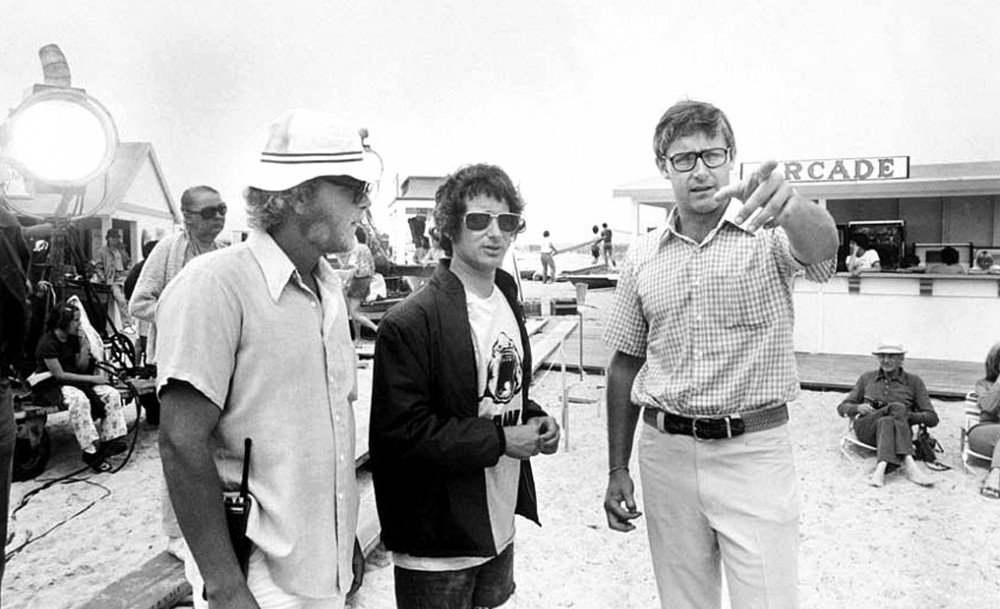Midway through COP21 in Paris, it might be instructive to look back 41 years to Scottish landscape architect and planner Ian McHarg sounding all sorts of alarms about the environment to Joan Oliver in a 1974 People magazine piece. McHarg, who died in 2001, didn’t at all appreciate the greening effects of cities, but he certainly understood the fragility of our species and the desperate straits we were putting ourselves in.
An excerpt:
Question:
What’s happening to the environment these days?
Ian McHarg:
We are still screwing it up at a helluva rate. But we’re also diminishing our own lives, which is much the most important thing. I don’t think we have to worry about nature. The worst we could do—have an atomic cataclysm and wipe out mankind—would not wipe out all bacteria, viruses, plants. They would start again. But man is a different story. Man is ephemeral, unlikely and precarious.
…
Question:
Suppose we used intelligence in dealing with this business of energy. Far too much to hope for, but let’s operate on this assumption. What we ought to do is maximize energy sources which neither stress the environment nor stress human beings.
Ian McHarg:
Say we’ll get as much energy as we can by using solar power alone. It involves no new technology. The simplest scheme would be a bloody great water tank and glass on the roof. You could get all the heat you want in almost any part of the United States from direct sunlight, shining through glass panels into water which is circulated through the house. But besides heat we also would like to have television and other amenities which use electric power. So we simply cheapen NASA’s photovoltaic cells which transform sunlight into direct current. They’ve developed them for space, where you can’t send up an electrician to change a fitting. Why can’t we have a version that everybody can put on their roof?
Question:
Could this technique be put into production right away?
Ian McHarg:
Absolutely. If we could only get a lobby. You see our problem is that we have lobbies for oil, for coal, for gas and for the Atomic Energy Commission. We don’t have a lobby for solar energy. We need one. Also, where is our lobby for methane? For chicken dung?
…
Question:
What is your “grand plan”—your “National Ecological Inventory”?
Ian McHarg:
We’d like to find for every person, every institution, every industry the best environment. There should be a national environmental center with a group of scientists who represent all the sciences necessary to understand the total environment of the United States. They’d be required to make a model of that system so they could predict: if you put an atomic reactor here, if you do offshore drilling there, then these are the consequences. I would like to be part of such a dream.
Question:
Do you think America is ready for such visionary proposals?
Ian McHarg:
This sense of man apart from nature—this sense that he’s got to exercise dominion, subjugate—is a deep, deep sickness that’s got to be eradicated somehow. I am horrified by the assumption that the greatness of America is measured by commodity—by automobiles, or the amount of electricity consumed, or whether people jet all over the world. As far as I’m concerned, greatness is measured by compassion, by courage, by gentleness.•


